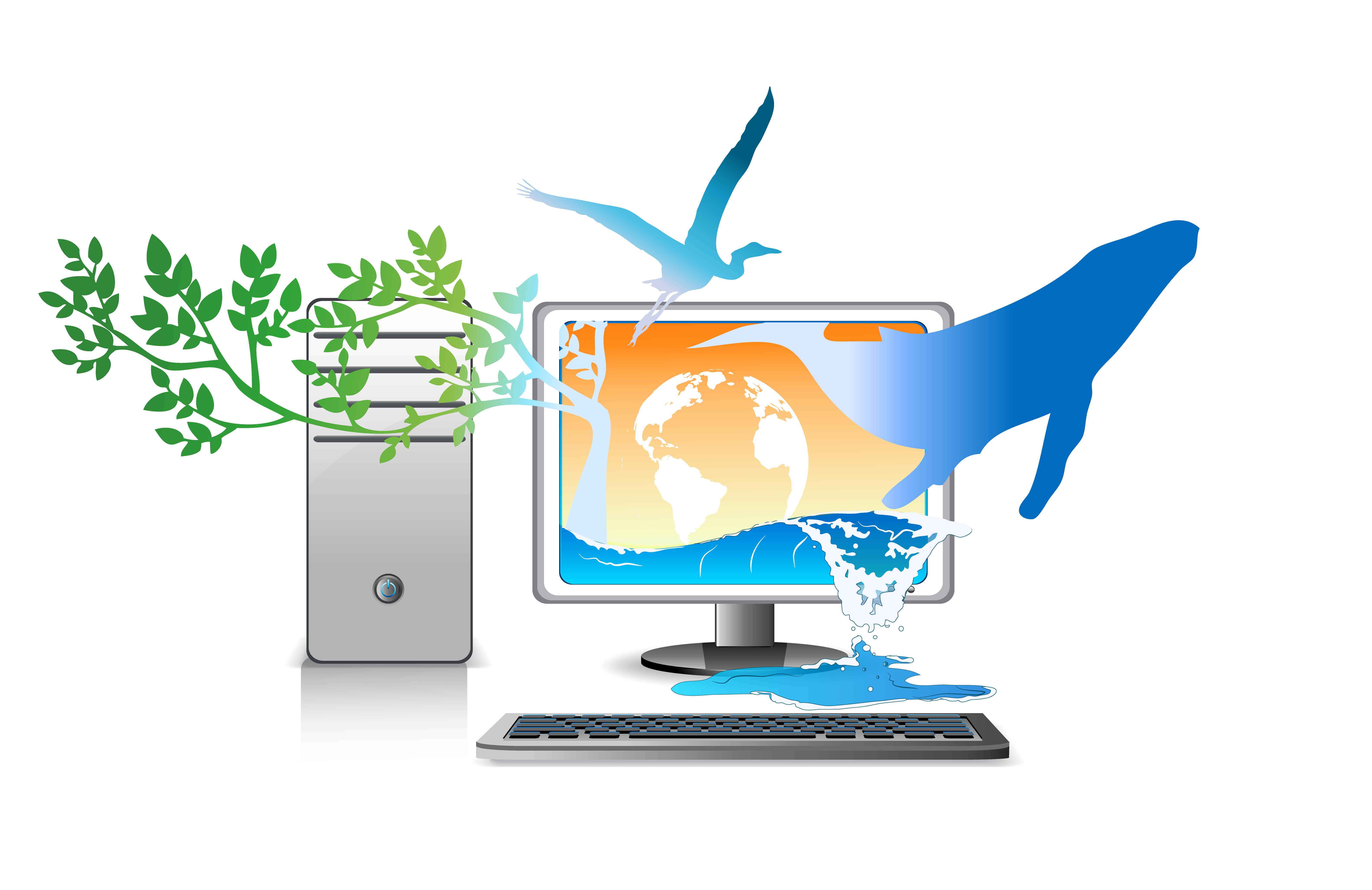
Objectives
Nowadays, being able to process information, in whatever form it may come, is a fondamental skill of many job related to the environment. For this, the computer is a necessary and practical tool for those who have a minimum mastery of it. This mastery can exist at two distinct levels:
- the user can know the tools adapted to each of the problems he is going to deal with,
- the user may be able to develop tools by himself, to adapt them to his current and future needs.
In this second logic, this minor will:
- give everyone a good level of autonomy in a simple and pleasant programming language: Python.
- consolidate this autonomy by programming in different contexts: processing data in the form of images, data mining, spatialized data and geographic information systems, web services…
More than the expertise in each of these fields, it is really the autonomy and the ability to develop and deploy new knowledge by oneself that is targeted. At the end of the training, students will have acquired a certain agility in Python programming and in algorithmics, i.e. the ability to go from an idea to an operational code putting it into practice. The training is adapted to the level of each student, from the complete neophyte to the absolute geek, each progressing at the pace that best suits him or her. The training is also adapted to the specific themes of students from the 4 majors of the master, with applications in different fields proposed by the teacher or by the students.
Skills developed
This minor is not intended to make the student a computer developer, there are training courses dedicated to this that are more appropriate. However, it will allow him/her to learn how to develop the tools that he/she may need to exercice his/her future profession. At the end of the training, students should be able to:
- develop a code to solve a problem in their discipline…
- seek information to deploy new tools
- retrieve and analyze information in an image
- extract information from a data set
- process spatialized data
- deploy web applications
In addition, this minor will lead to analyzing and decomposing problems, writing operational codes, which will lead to more precise and rigorous thinking.
Organization
The minor is taught in the form of a single teaching unit of 60 hours each semester, from S1 to S3. The teaching units of this minor are modularized: 3 consecutive weeks will be devoted to this minor each semester. Each semester, the evaluation of the teaching takes place on a rolling basis, generally at the end of the EU. During S3, a collective tutored project allows the transversal application of the knowledge and skills acquired.
To learn more about the content of this minor, you can browse the complete description of the minor’s curriculum (in English for courses given in English, in French otherwise).